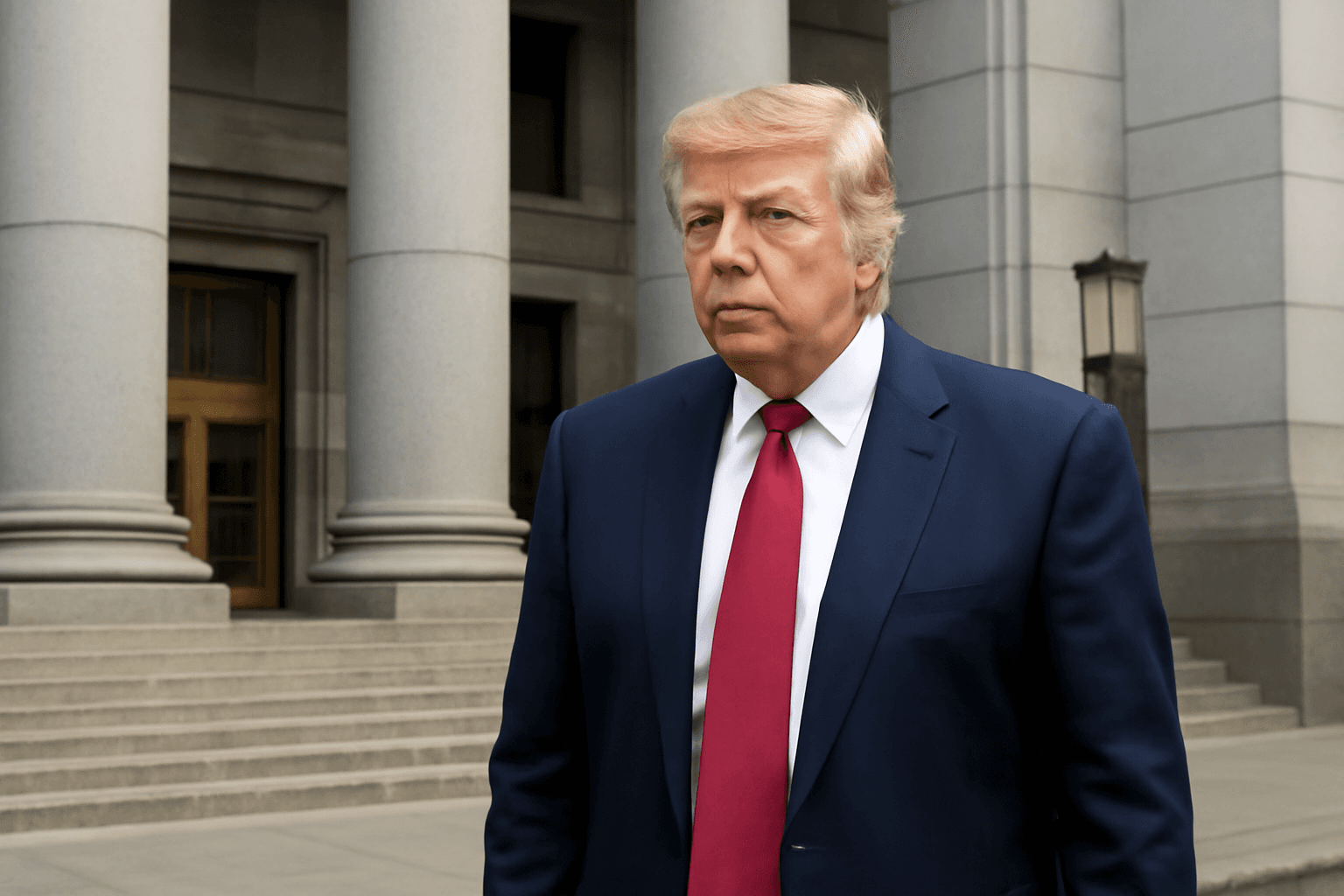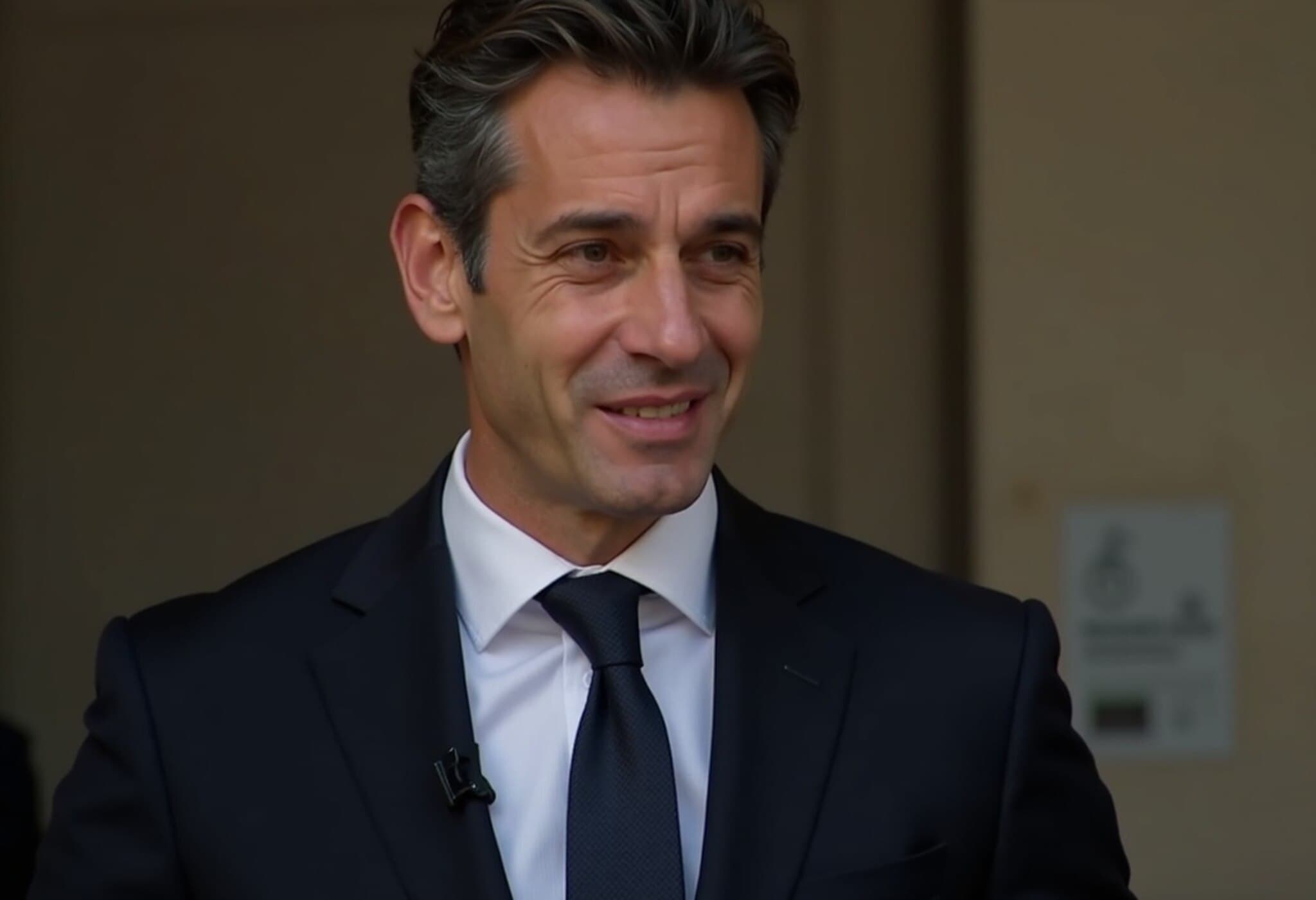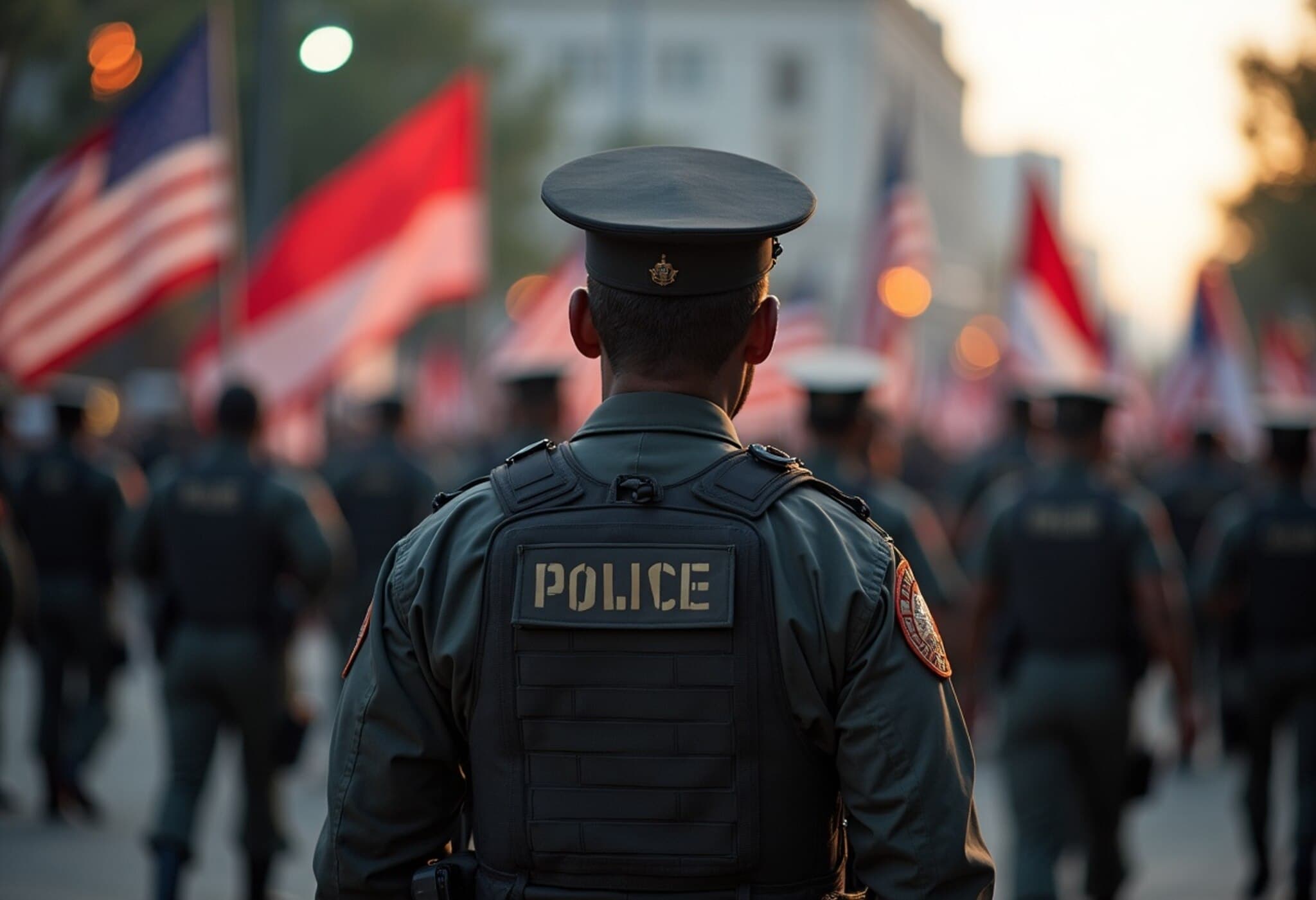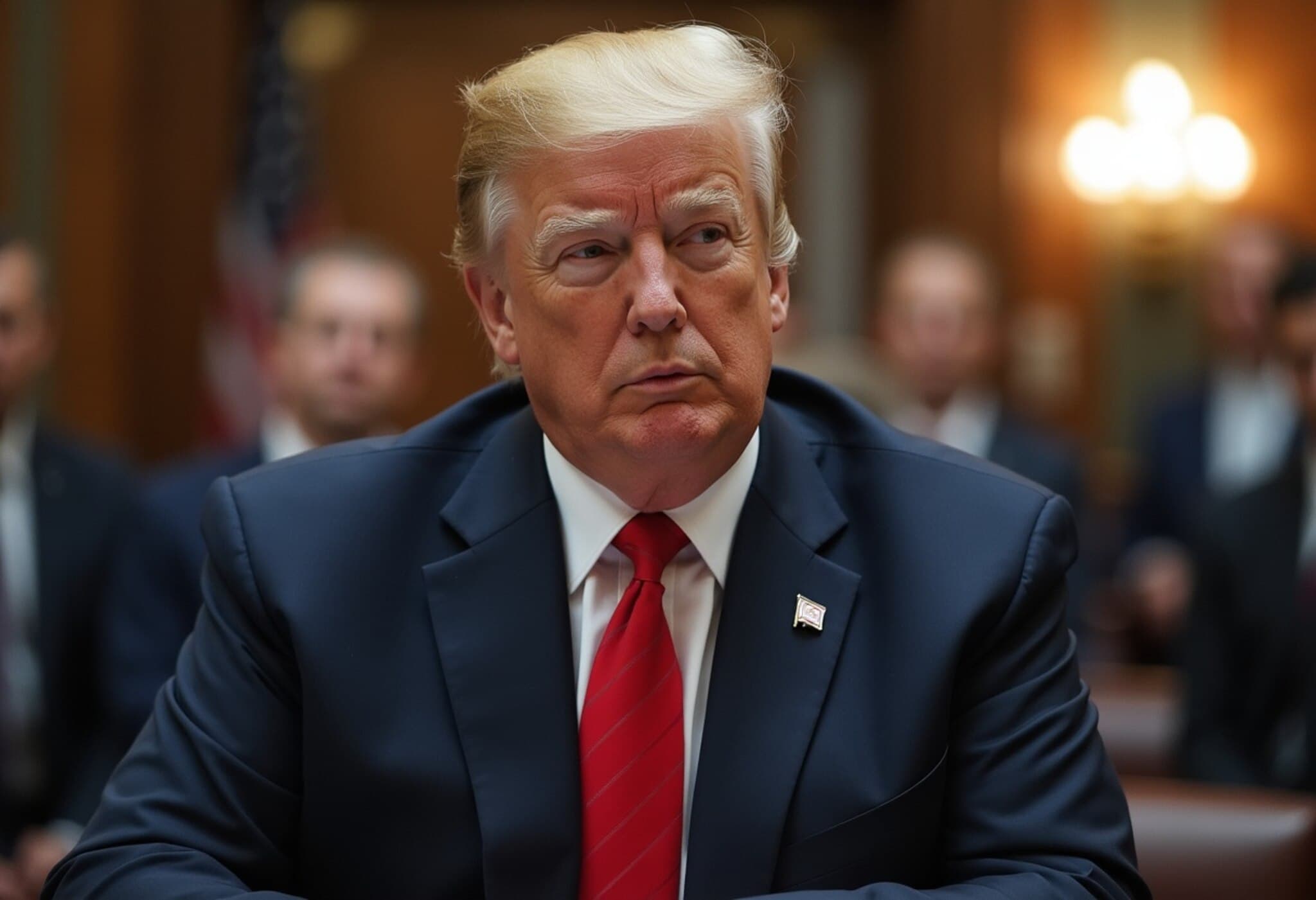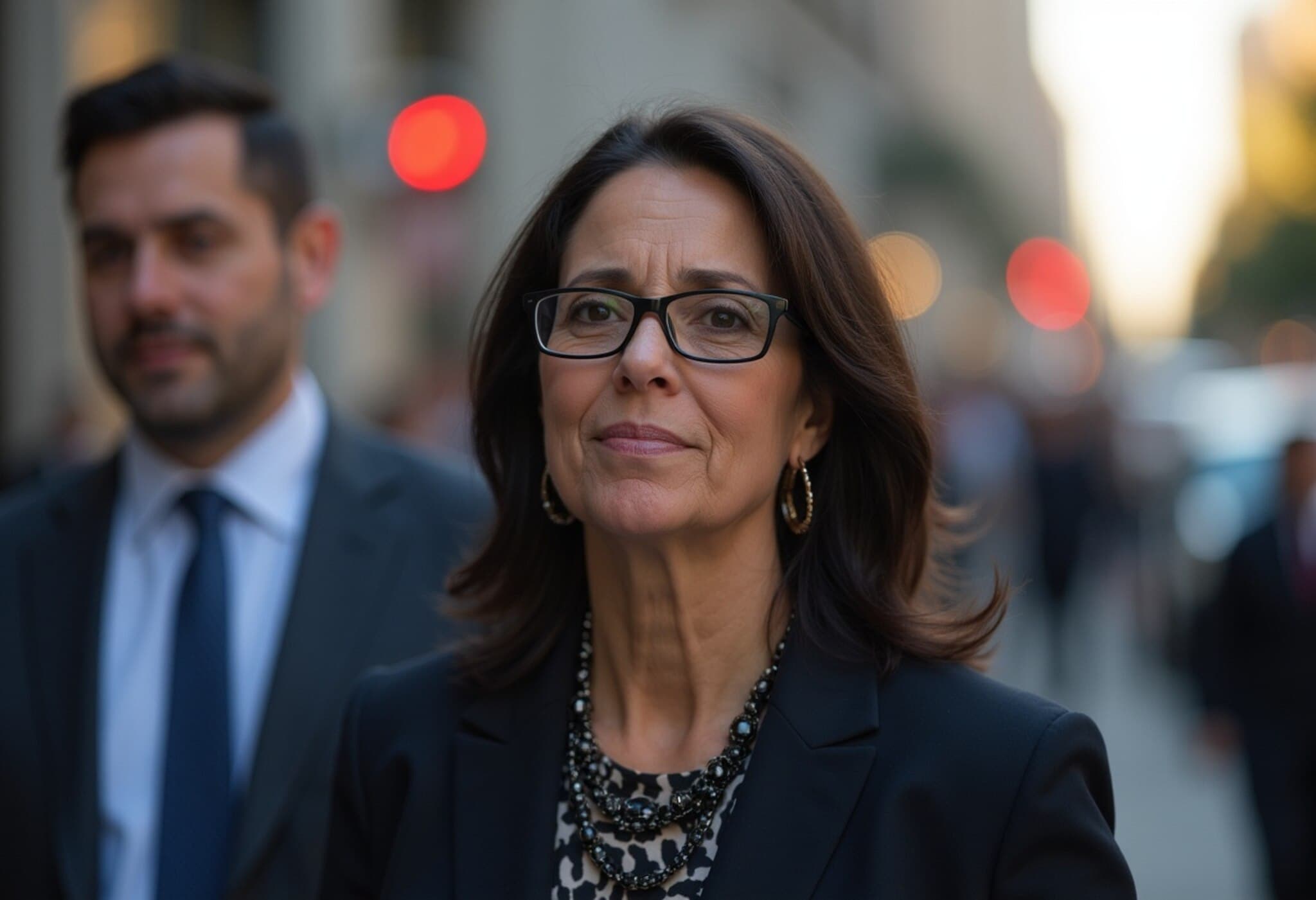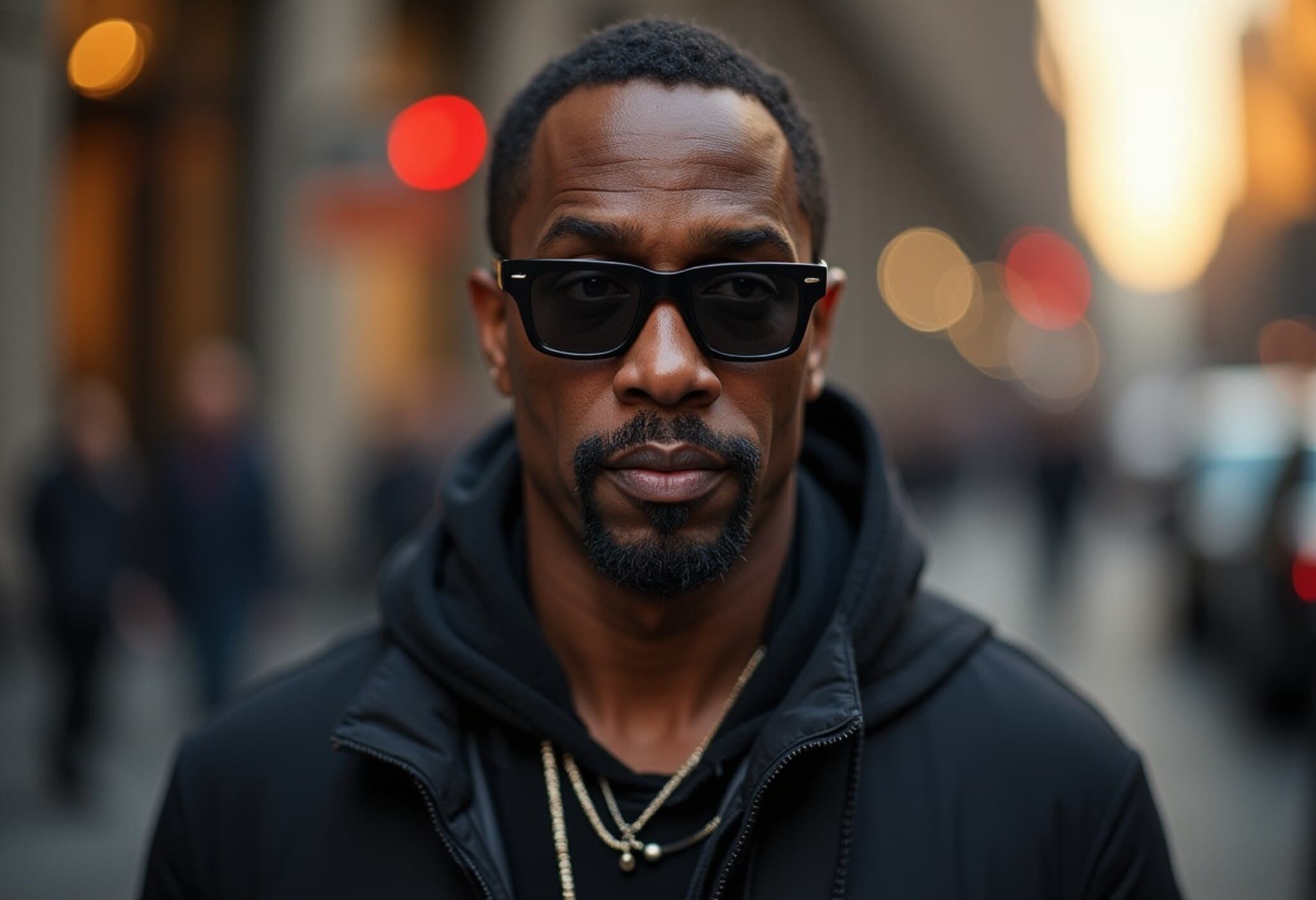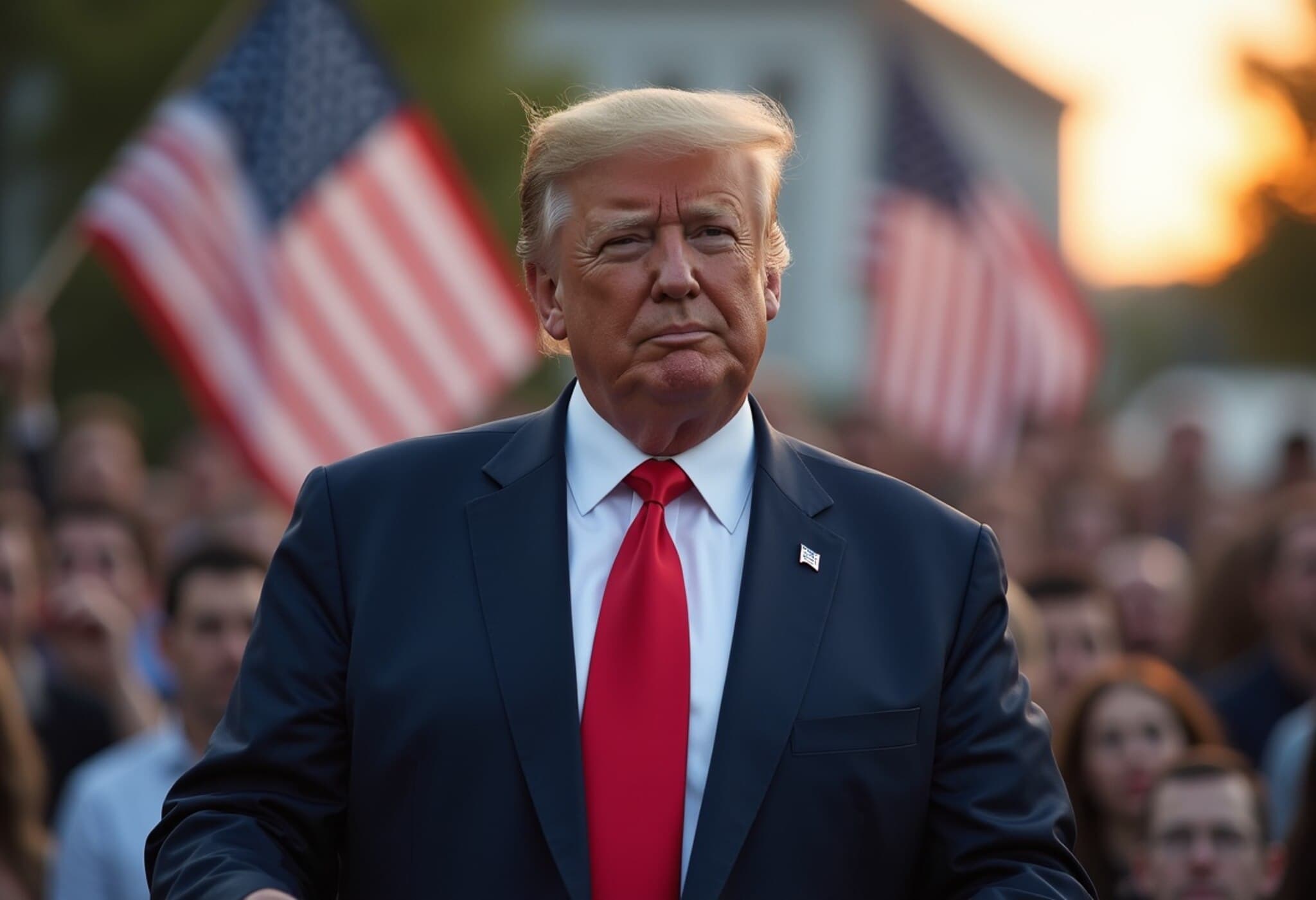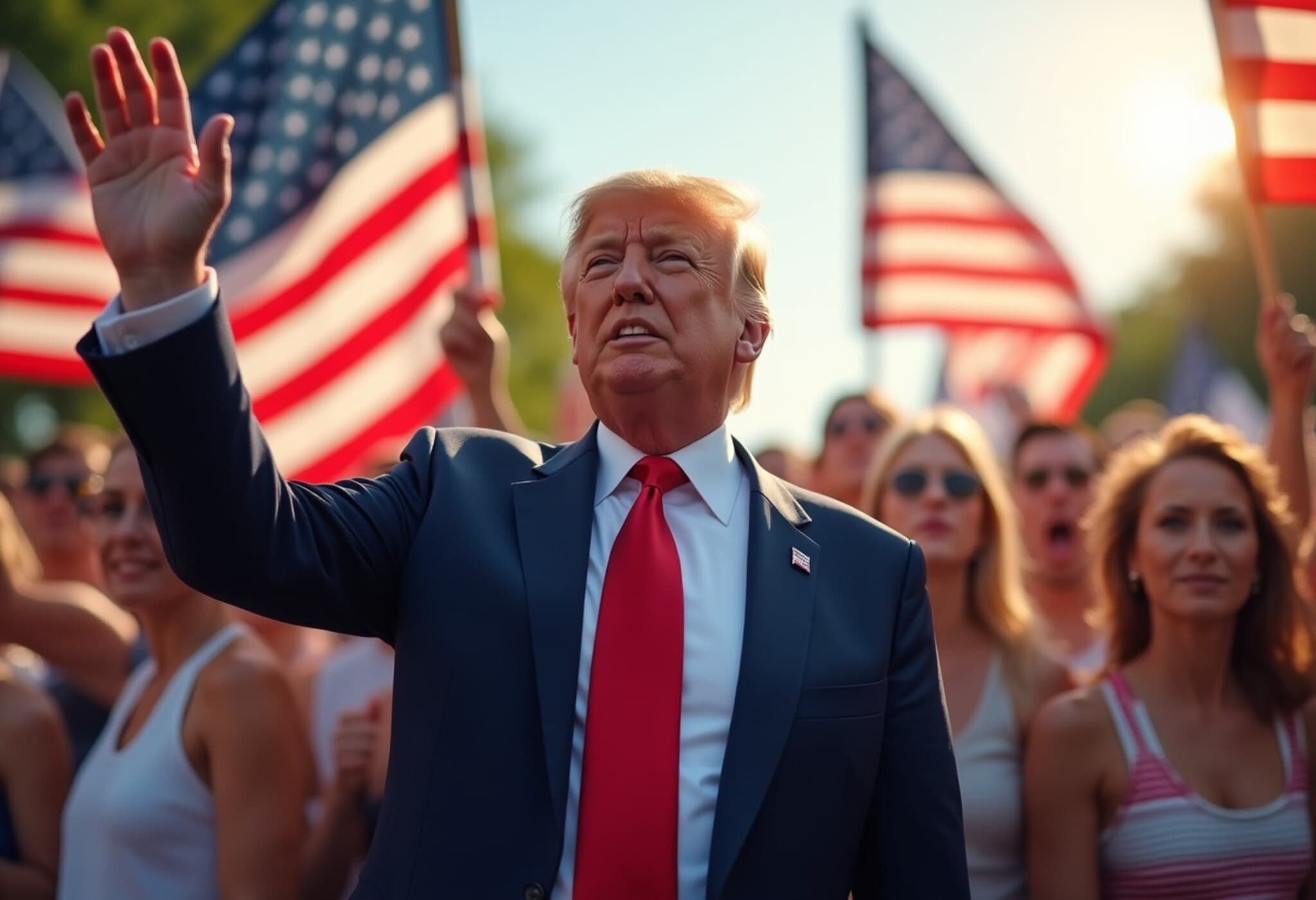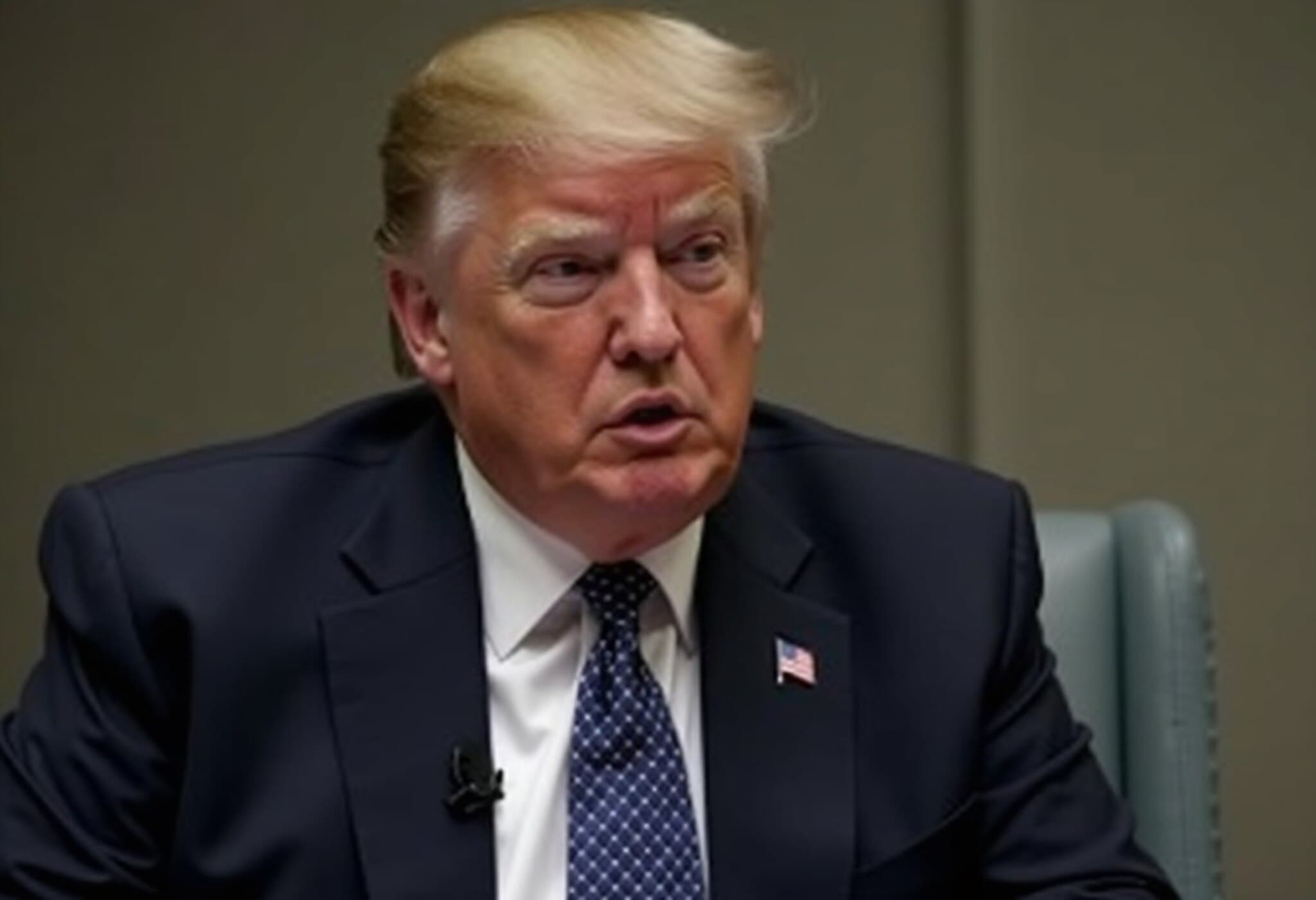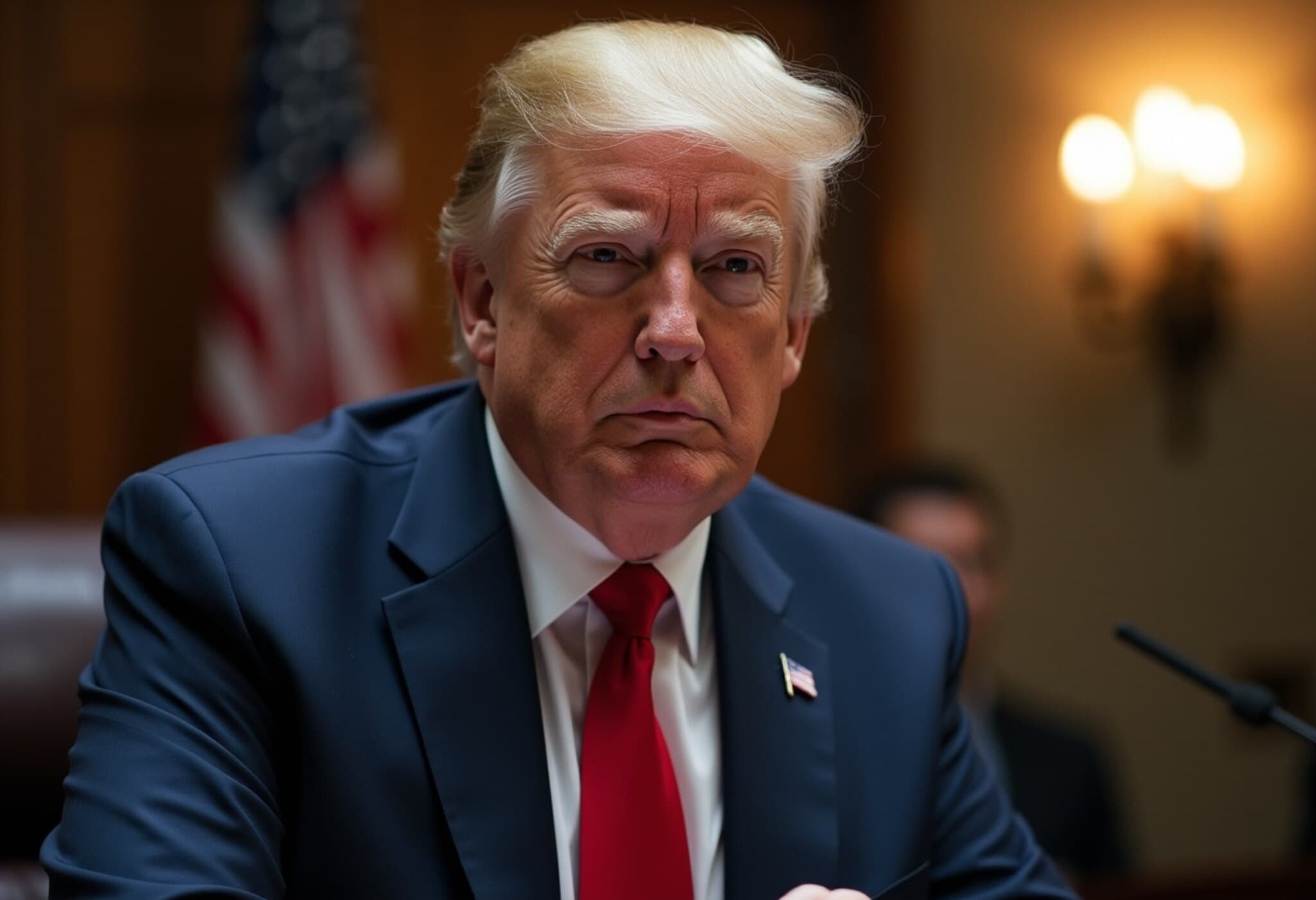Federal Court Dismisses Trump’s Lawsuit Over Bob Woodward’s Audiobook
In a significant legal decision with implications for copyright law and journalistic freedom, a Manhattan federal judge dismissed former President Donald Trump's nearly $50 million lawsuit against veteran investigative journalist Bob Woodward. The suit centered on the use of interview recordings from Woodward’s 2020 bestseller Rage, which were published as an audiobook titled The Trump Tapes in October 2022.
Background: The Interviews and the Dispute
Woodward conducted 19 interviews with Trump from December 2019 through August 2020, conversations that formed roughly 20% of the content of Rage. Trump alleged that the use of these recordings in audiobook form violated his rights, claiming he never consented to their unfiltered publication and asserting a copyright interest over his standalone responses during the interviews.
Judge Paul's Ruling: No Joint Authorship, No Copyright Infringement
U.S. District Judge Paul Gardephe, appointed by President George W. Bush, rejected Trump’s claims in a detailed 59-page opinion. He ruled that Trump failed to demonstrate a valid copyright interest or joint authorship in the audiobook content. Simon & Schuster, the publisher, credited Trump only as a "reader," while Woodward was acknowledged as the work’s author.
Additionally, Gardephe asserted that federal copyright law preempted Trump’s state-law-based claims and found no credible evidence that Woodward and Trump had any agreement limiting the use of the interviews. The ruling enables Woodward to continue widely distributing the recordings without legal hindrance.
Legal and Cultural Context: Presidential Interviews and Fair Use
Woodward’s defense highlighted that former presidents historically have not sought royalties for interviews conducted as part of their official duties. The precedent involves iconic journalists like Walter Cronkite and Barbara Walters, underscoring the long-standing journalistic tradition of treating presidential interviews as public domain in terms of copyright.
Moreover, Woodward described his interviews as "classic news reporting" that qualifies under "fair use," emphasizing the vital role such materials play in informing the public and protecting democratic transparency.
Reactions and Next Steps
A spokesperson for Trump’s legal team criticized the decision, calling it biased and lamenting the lack of a hearing. They pledged to amend the complaint by August 18 and pursue accountability. Correspondents for Woodward, Simon & Schuster, and Paramount—the audiobook’s distributor—have yet to issue comments.
Broader Implications for First Amendment and Copyright
This case shines a spotlight on the complex intersection between copyright law, freedom of the press, and the rights of public figures. It raises critical questions about how public officials’ words can be used, especially when they engage with journalists in roles that blend public service and personal expression.
- For journalists: The ruling affirms protections under fair use, bolstering investigative and oral history work.
- For public figures: It clarifies limits on claiming ownership of their spoken words in interviews.
- For the public: It safeguards continued access to firsthand accounts essential for democracy.
As media landscapes evolve with audiobooks, podcasts, and digital platforms reshaping content consumption, this ruling will likely inform future cases on ownership and rights of recorded interviews.
Editor’s Note
The dismissal of Donald Trump’s lawsuit against Bob Woodward not only reinforces journalistic freedoms but also deepens the conversation about intellectual property in political discourse. It invites us to reflect on how the words of public leaders—often delivered in candid, unscripted moments—should be shared, preserved, and protected. Beyond legal technicalities, this case underscores the public’s right to access unfiltered information in an age where transparency is more crucial than ever.

